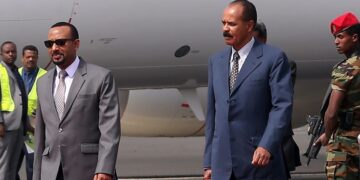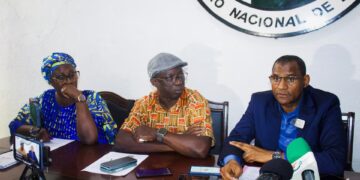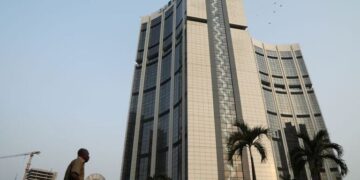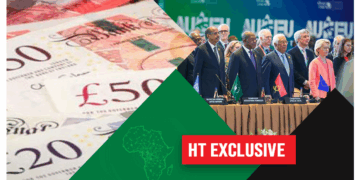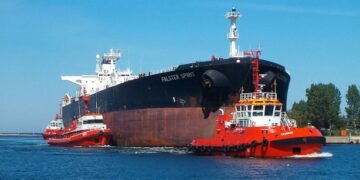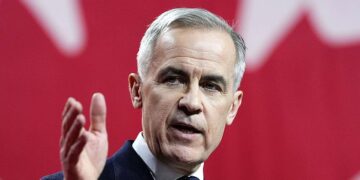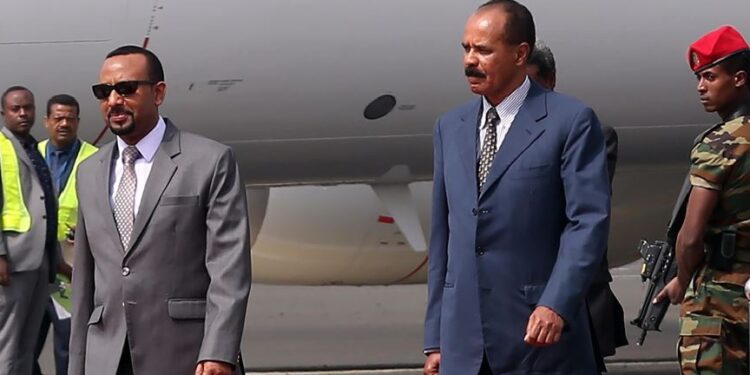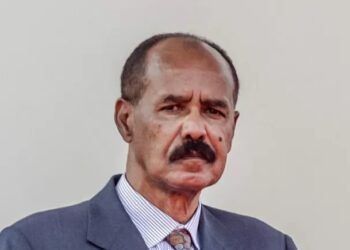By Enyichukwu Enemanna
Eritrean President Isaias Afwerki has warned the neighbouring Ethiopia against a possible renewed conflict, arising from escalated tensions in the Horn of Africa.
Relations between the two countries have remained largely fragile since Eritrea gained independence from Ethiopia in 1993.
A bloody conflict over border dispute from 1998 to 2000 left tens of thousands of persons killed.
Despite a peace agreement signed in 2018, mutual suspicion and mistrust between the two nations has persisted.
According to the Eritrean government, the latest strain in ties stems from Ethiopia’s renewed focus on securing access to a seaport, which the landlocked country has for a long time desired.
In remarks directed at Ethiopian Prime Minister Abiy Ahmed, President Afwerki warned that Eritrea would not be easily overpowered by Ethiopia’s far larger population, estimated at 130 million, compared to Eritrea’s 3.5 million.
The Eritrean leader vowed that his country will not hesitate to defend itself whenever the need arises, warning Ethiopia against undue encroachment into its territory.
At the moment, there is no clear sign of imminent military action. Observers, however, note that the region’s volatile history and unresolved disputes make the situation highly sensitive.
International attention is focused on preventing a repeat of past violence and promoting dialogue between the two sides.
The Horn of Africa remains a complex and strategically vital region, where stability continues to be challenged by geopolitical rivalries and long-standing grievances.
Ethiopia is the most populous landlocked country in the world but lacks access to the sea. Authorities say the lack of a maritime outlet prevents Ethiopia from assuming its place in Africa.
Currently, Ethiopia relies heavily on the Port of Djibouti, which accounts for more than 95% of its exports and imports. This reliance costs the country over $1 billion a year in fees, a price the cash-strapped nation can hardly afford.
Its heavy reliance on a single port has already pushed Addis Ababa to seek out alternatives. In January 2024, Ethiopia reached a controversial deal with Somaliland to access the Berbera port for commercial and naval uses, stoking tensions with the federal government of Somalia, which claims that Somaliland is its territory.
